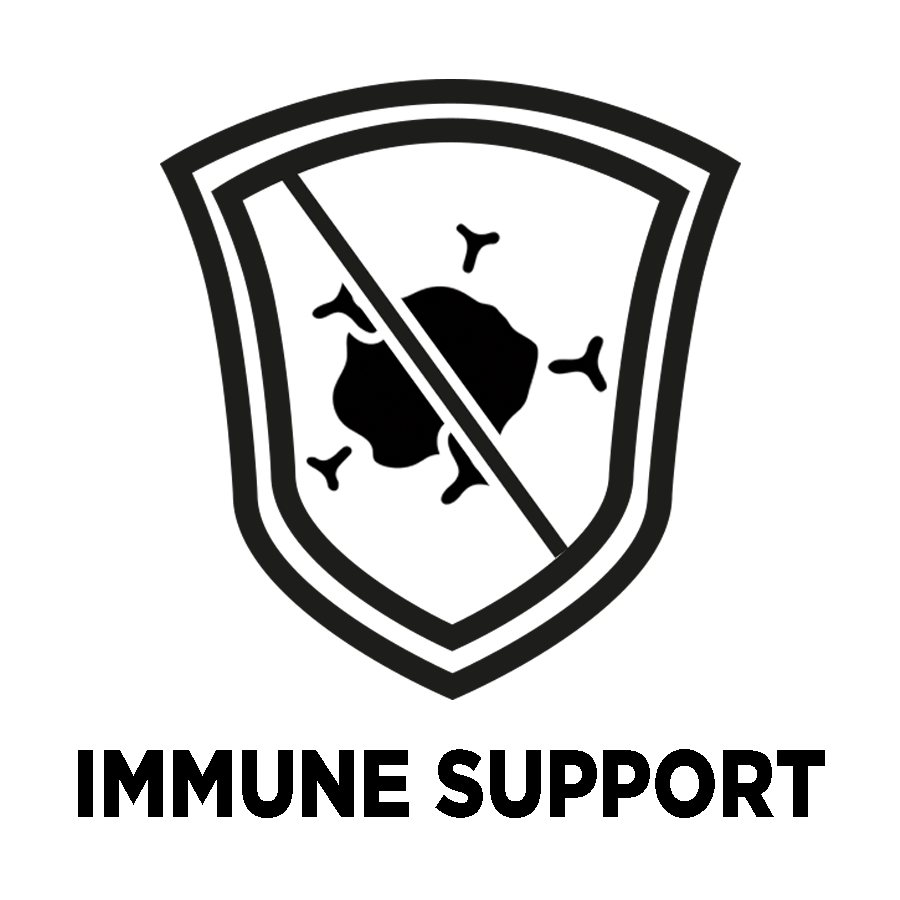$100,000.00
Heat-sterilized, proprietary strain of Lactobacillus crispatus
Lactobacillus crispatus strains have been studied and found to support immunity through the development of antibodies. These antibodies appear to target certain bacteria and may also inhibit allergic reactions.
KT-11 is a heat-sterilized proprietary strain of L. crispatus, an immunobiotic that supports immunity and reduces certain allergic responses (1–5), partly through supporting a healthy balance of Type 1 T helper (Th1) and Type 2 helper (Th2) cells (2–3).
Th1 cells produce Interferon-gamma (IFN-γ), a cytokine that plays an important role in inducing and modulating a wide range of immune responses. Th2 cells mediate the activation and maintenance of antibody-mediated immune response against extracellular parasites, bacteria, allergens and toxins.
In the case of KT-11, its antibody response supports healthy gums by defending against periodontal infections. A powerful periodontal postbiotic, research has shown KT-11:














)
Salivary immunoglobulin A (IgA) production increase leads to neutralizing toxins and removes pathogenic microorganisms from an oral environment (1).
Oral ingestion of KT-11 shows potential inhibition of alveolar bone resorption due to P. gingivalis infection and an increase in IgA, which indicates enhanced intestinal immunity (4–5).*
In fact, KT-11 has been shown to support multiple immunoregulatory markers (5).
In a study published in the journal Beneficial Microbes, 16 healthy subjects with periodontal dysbiosis were randomized to either receive KT-11 or a placebo for four weeks. The results showed that the KT-11 recipients were able to achieve markers of significantly healthier periodontal health than were the placebo recipients.* Test subjects saw improvements(1)* in the following:
The results showed that the KT-11 recipients were able to achieve markers of significantly improved oral health than were the placebo recipients.*
A GRAS Independent Conclusion Expert Panel concluded that KT-11 is Generally Recognized As Safe (6).
Tobita and colleagues synthesized a medium consisting of commercial food supplements (food grade medium) that could be used to cultivate L. crispatus KT-11 (KT-11) and investigated the antiallergic effects and acute toxicity of KT-11 cultured in this medium (7). The authors determined that KT-11 represents a safe antiallergic food material.*
Few oral health ingredients can boast the stability, efficacy and clinical substantiation of KT-11, making it an attractive periodontal ingredient for oral health products.
References
1. Tobita K, Watanabe I, Tomokiyo M, Saito M. Effects of heat-treated Lactobacillus crispatus KT-11 strain consumption on improvement of oral cavity environment: a randomized double-blind clinical trial. Benef Microbes. 2018 Jun 15;9(4):585–592.
2. Tobita K, Yanaka H, Otani H. Heat-treated Lactobacillus crispatus KT strains reduce allergic symptoms in mice. J Agric Food Chem. 2009 Jun 24;57(12):5586–5590.
3. Tobita K, Yanaka H, Otani H. Anti-allergic effects of Lactobacillus crispatus KT-11 strain on ovalbumin-sensitized BALB/c mice. Anim Sci J. 2010 Dec;81(6):699–705.
4. Tobita K, Yanaka H, Otani H. Lactobacillus crispatus KT-11 enhances intestinal immune functions in C3H/HeN mice. J Nutr Sci Vitaminol (Tokyo). 2010;56(6):441–445.
5. Taguchi C, Arikawa K, Saitou M, et al. Orally ingested Lactobacillus crispatus KT-11 inhibits Porphyromonas gingivalis-infected alveolar bone resorption. Int J Oral-Med Sci. 2015;13(3):102–109.